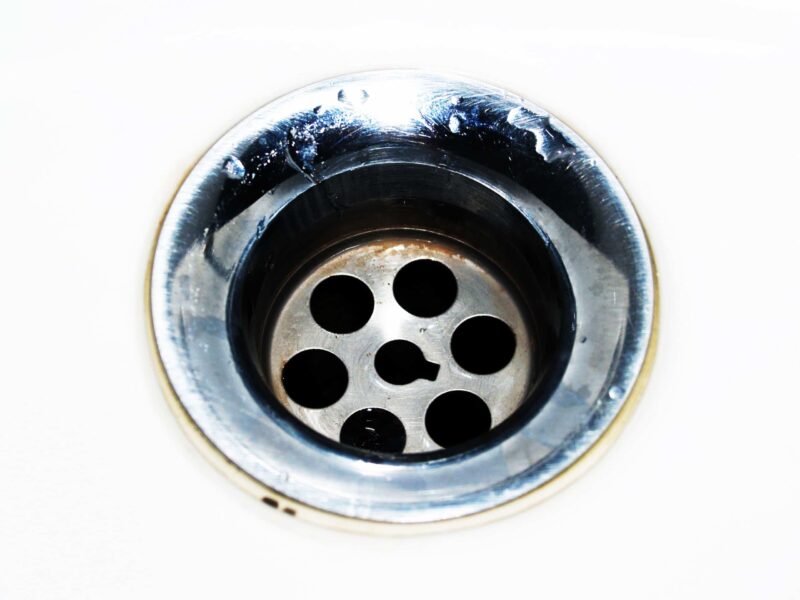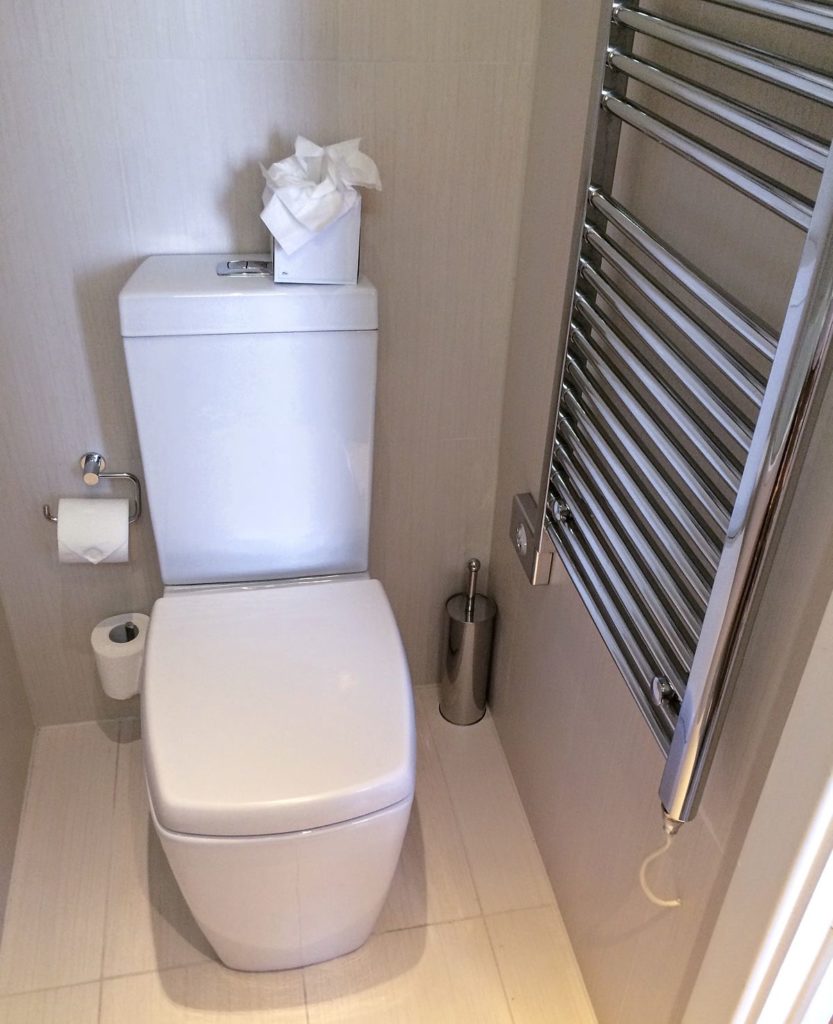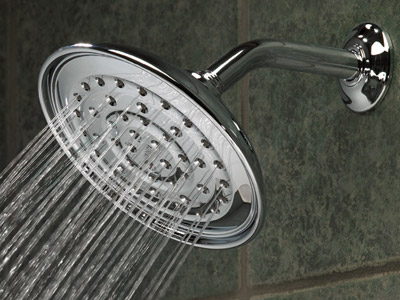Lead Pipes
Do You Have Lead Pipes in Your Home? Water mains in the UK are not…
Read more24 hr Emergency Callout

Blog
Sometimes plumbing problems can result in a drain smell. A disgusting odour can come from many places including a toilet, drain, sink or from a sewer. A sewage smell in the house can be very annoying and can also be harmful to health.
Sewer gas can affect many sewage or drainage systems. People commonly find their toilet smells like sewer gas. However, depending on the cause of the issue people may find that their sink, vent pipe, or other plumbing systems smell too.

Plumbers use the wax ring on a toilet to seal the drain. If there is a drain smell in the house it is possible that the wax ring on one or more of the toilets is faulty.
If the toilet smells like sewer gas it is possible that it is the wax ring on the drain. If this is the case, people can replace the wax ring which will fix the sewer gas smell in the house.
The vent pipe helps manage the pressure in a plumbing system. They also help to move odors outside of a house or other building.
If a vent pipe is malfunctioning, for example if it has a crack or the installation process was incorrect, this can cause sewer gases to leak. In this case, repairing or reinstalling the vent pipe will fix the problem.
People may not believe that they have a sewer gas odor coming from their kitchen, but it is possible for a drain smell to affect many plumbing systems.
In some cases the overflow system may have become grimy or otherwise unclean, therefore causing an odor. In this case the likelihood of the drain smell in the house being a result of sewer gases is unlikely, and it is probably another cause such as mold or mildew.
Cleaning the overflow system will probably improve or remove the smell if the cause is coming from the kitchen sink.

Similarly to the kitchen sink, there may be a less common cause of the drain smell in the house in the shower. If the drain smell is coming from the shower this is less likely to be from sewer gases.
In a shower, as with many other floor drains, it is possible that there has been a buildup of material within the drain that has then become a source of odour. Showers, unlike sinks, tend to have a range of body oils, shampoos, and other liquids flowing through them. This may lead to an accumulation of bacteria that can cause a smell.
Using a cleaner to thoroughly clean the area, and in ideal settings removing the drain to clean outside of the shower, may help if this is what is causing a sewer gas smell in the shower.
A cracked or improperly-installed vent is not the only way a vent can cause a drain smell in the house. It is also possible that there is a blockage.
Causes of a blockage in a vent include deterioration over time from rust and other decay. It is also possible there is a physical blockage such as leaves or other material. In some areas with high snowfall, the blockage may occur during the winter. There is also a possibility of animals including birds using the area on top of the vent to nest.
In any case, there are many causes of blockages in an air vent but the solution is normally simple. Clearing the blockage, or replacing any corroded vents or vent parts, can allow the vent to flow freely
If a plumbing vent blockage is the cause of a sewer gas smell in the house then clearing the blockage will improve or remove the odour.
Sewer gas is harmful to health, not just offensive to the nostrils.
Sewer gas happens as a byproduct of breaking down human waste. Many people describe the smell of backdrafting sewer gas as being similar to rotten eggs. Backdrafting is when negative air pressure draws air or gases into a building.
Sewer gasses include the following:
The main risk of harm from sewer gas comes from hydrogen sulfide. Potential health risks from sewer gas include:
People may not experience the above health conditions without consistent exposure. Higher concentrations of hydrogen sulfide exposure may cause more serious symptoms such as pneumonia, dizziness and loss of consciousness.
At extremely high levels exposure to hydrogen sulfide can be deadly, however most domestic plumbing systems mainly contain methane, ammonia and other gases. As a result, while unpleasant, they are unlikely to be at high concentrations.
Some people wonder about sewer gas poisoning. Unfortunately there is no sewer gas poisoning blood test according to the Agency for Toxic Substances & Disease Registry. People should focus on whether they have symptoms before seeking help.
People may attempt many of the above solutions, however in some situations a professional will be necessary to safely and effectively get rid of a sewer gas smell in the house.
When people are attempting to remove the drain smell with simple cleaning methods, this is safe in most cases. However, if there is any risk of significant damage to plumbing or there is a level of technical expertise necessary, such as in the case of a cracked vent, then people should seek professional intervention.
By using a professional people are more likely to not only resolve their problem more effectively in the long term, but also have a greater likelihood of reliability and integrity of their plumbing systems.
You can contact us if you have a drain smell in your house and are unable to fix it yourself. Due to our expertise, it is wise to contact us when you are uncertain or have concerns about whether sewer gas is the cause of the problem.
We urge people with any issues regarding a drain smell in their house to get in touch, one or our friendly team will be happy to assist you.